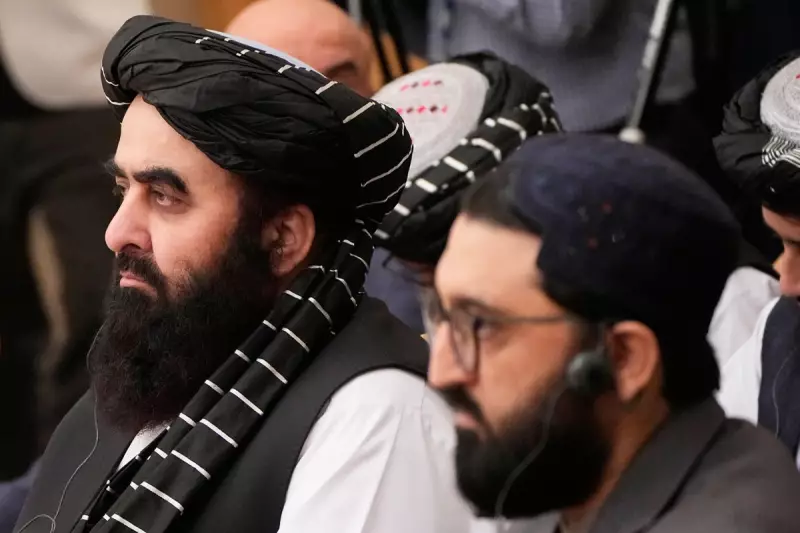
In a dramatic geopolitical realignment that signals a major foreign policy shift, the Taliban has opened its first official diplomatic mission in New Delhi, establishing a formal presence in India's capital for the first time since returning to power in Afghanistan.
A Strategic Reversal for India
The move represents a significant departure from India's longstanding position on the Taliban regime. For decades, New Delhi had maintained a firm stance against engaging with the militant group, but the changing realities in Afghanistan have forced a strategic recalculation.
According to diplomatic sources, the newly established office will function as a diplomatic mission, though India has yet to extend formal recognition to the Taliban government. This careful balancing act allows for practical engagement while maintaining diplomatic distance.
Regional Power Dynamics Reshaped
The development carries profound implications for South Asian geopolitics, particularly affecting the delicate balance between India and Pakistan. Islamabad has historically maintained closer ties with the Taliban, and New Delhi's new engagement strategy could potentially diminish Pakistan's influence as the primary regional intermediary.
Analysts suggest this move reflects India's pragmatic approach to safeguarding its substantial investments and strategic interests in Afghanistan, estimated to be worth billions of dollars in infrastructure and development projects.
Humanitarian Crisis Looms Large
Behind the diplomatic manoeuvring lies a deepening humanitarian catastrophe in Afghanistan. Since the Taliban's takeover and the subsequent withdrawal of international forces, the country has faced economic collapse, widespread hunger, and the collapse of basic services.
India's engagement may provide a crucial channel for delivering humanitarian assistance to the Afghan people while navigating the complex web of international sanctions against the Taliban regime.
International Reaction and Future Implications
The international community watches closely as nations grapple with how to engage with the Taliban without legitimising their rule. India's cautious approach of establishing a diplomatic channel without formal recognition may offer a template for other nations seeking to address both humanitarian concerns and security interests.
As Afghanistan's winter approaches, the urgency for coordinated international action increases, making New Delhi's new diplomatic channel potentially vital for regional stability and humanitarian relief efforts.





